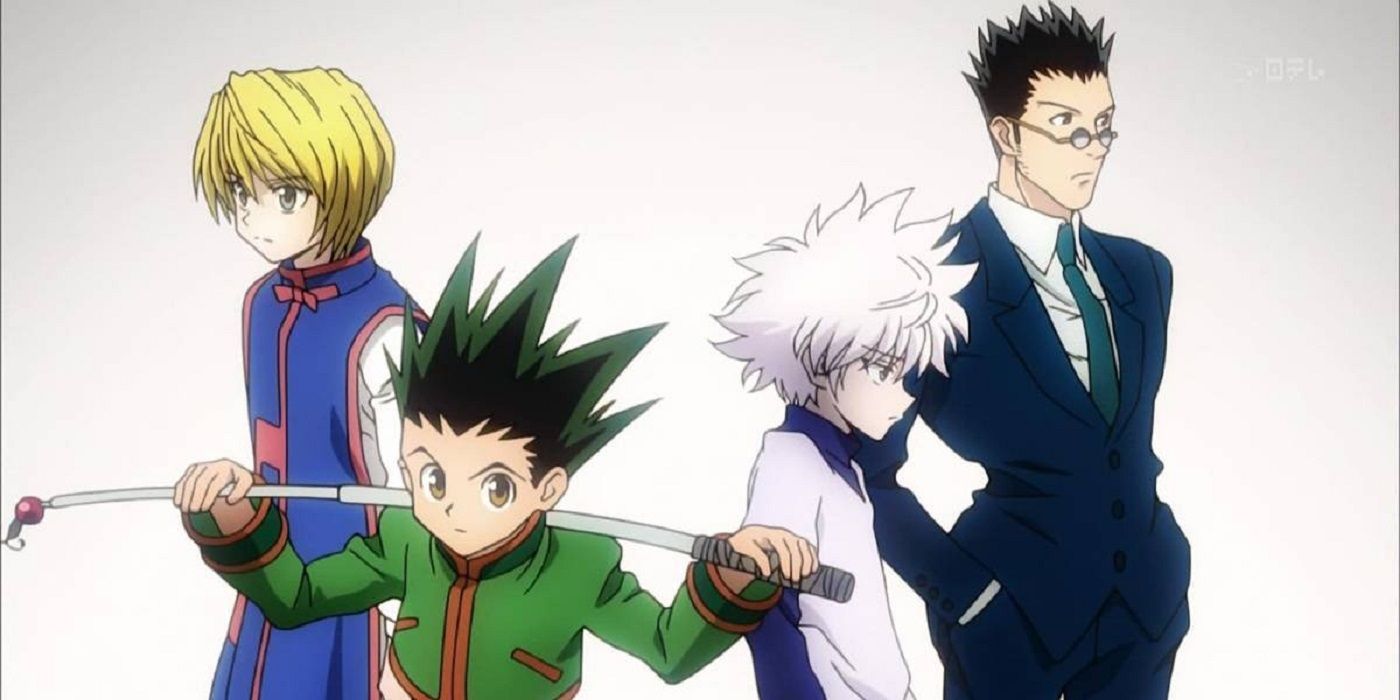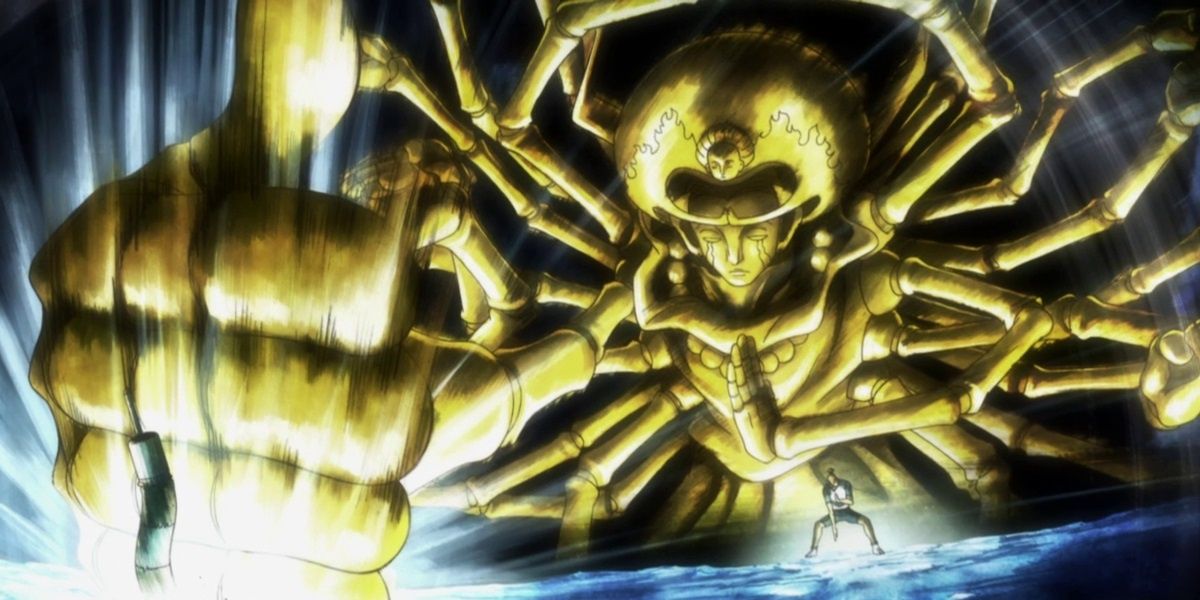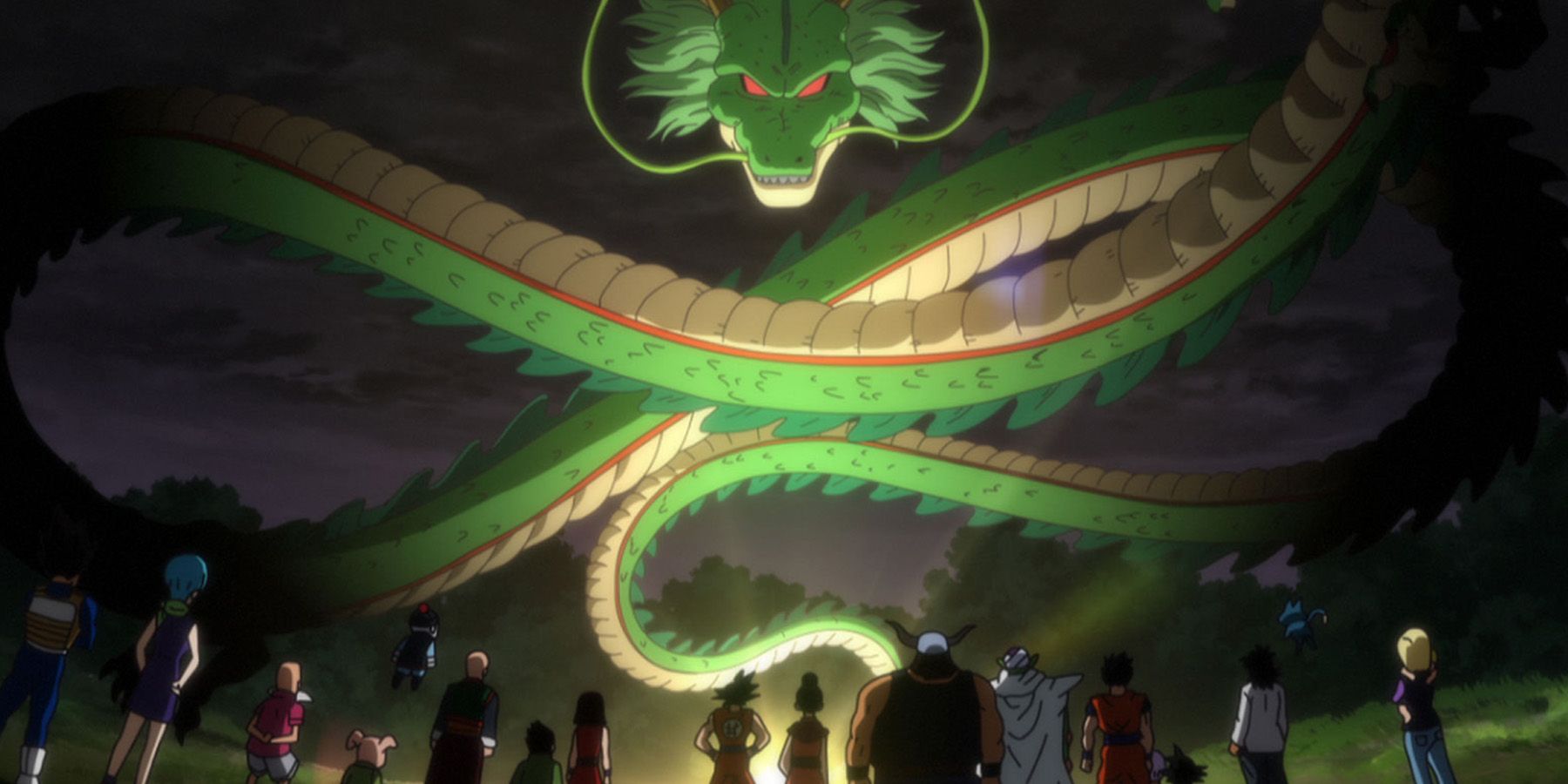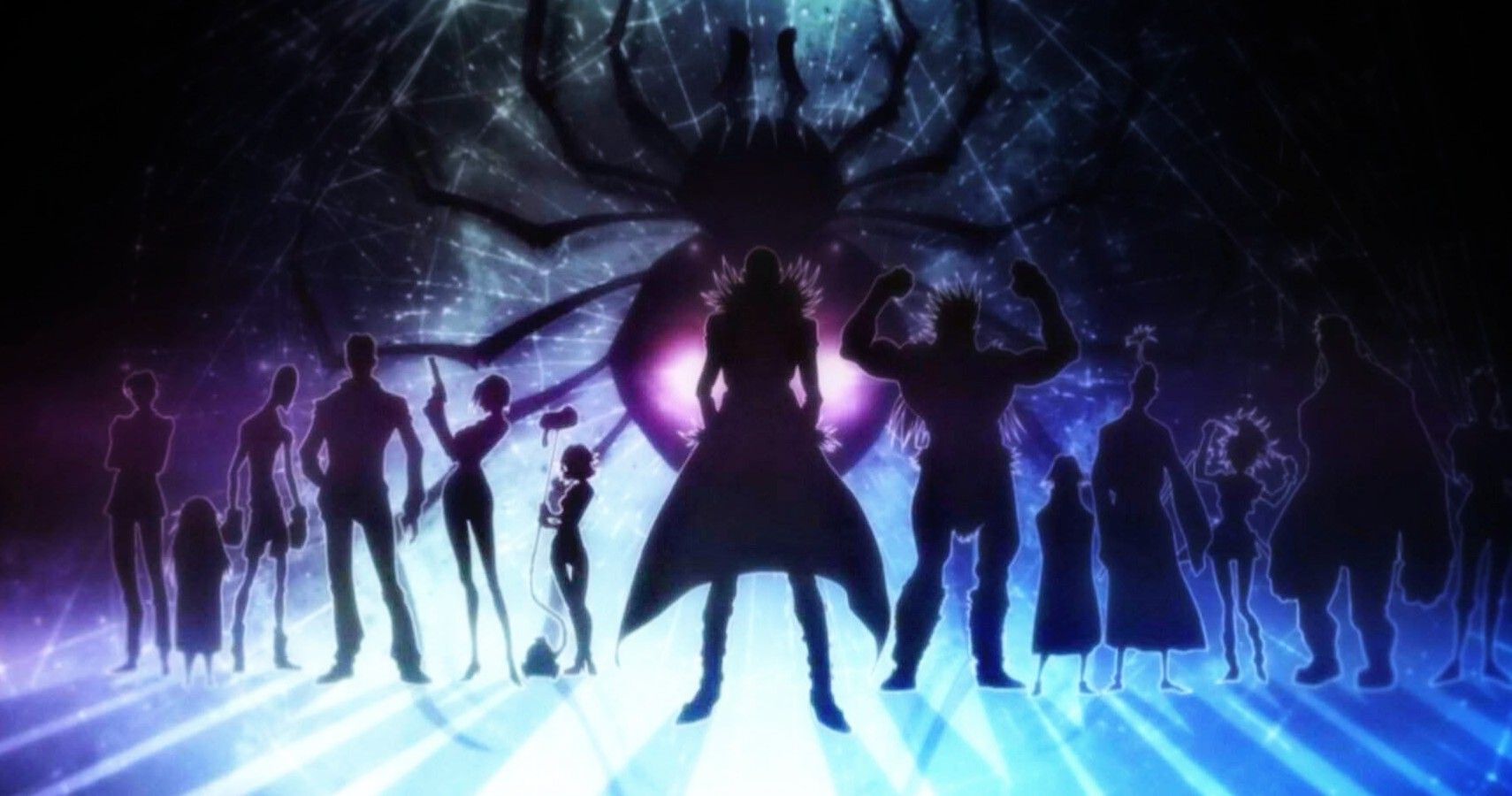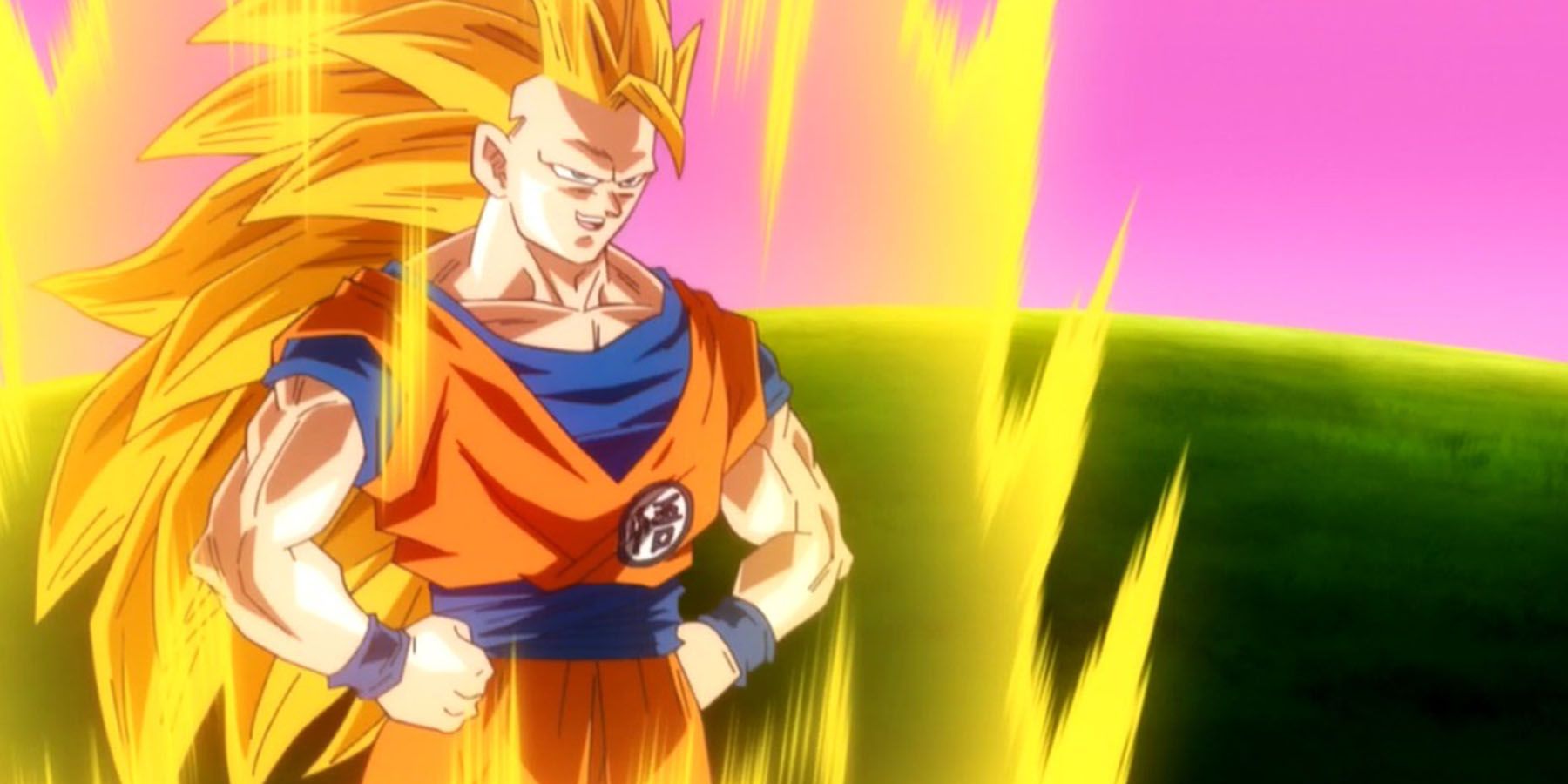The battle shonen genre has produced many a great series, going back to Akira Toriyama's milestone manga Dragon Ball. However, too many shonen anime and manga fail to grow beyond basic tropes. One of the few such series to overcome such problems is Yoshihiro Togashi's Hunter x Hunter.
Many may know Togashi from before Hunter x Hunter as the author of another great battle shonen, Yu Yu Hakusho. Hunter X Hunter would further evolve the genre. Hunter x Hunter may very well be one of the greatest shonen anime of all time, with only the likes of Fullmetal Alchemist and One Piece providing competition. Hunter x Hunter manages to bring itself out of the shadow of Dragon Ball and establish itself as another giant for all future battle shonen to build itself on.
Power System
The concept of power system can be seen in Dragon Ball where its characters train to obtain higher and higher echelons of power and in turn fight battles more and more epic in scale. Dragon Ball's vague system would essentially be copied succeeding anime such as Naruto's Chakra system and JoJo's Bizarre Adventure: Phantom Blood's Hamon. Vague magic systems like these lead to a sort of problem called the 'power escalation,' where characters get stronger in a quantitative measure, instead of a qualitative measure. JoJo's Bizarre Adventure ended up dumping its inferior Hamon power system, instead implementing the far more interesting Stand system. Hunter x Hunter does a similar thing with its Nen system, whichmay have been inspired by JoJo's brilliant Stand concept.
In Hunter x Hunter, having more Nen does not guarantee one to be stronger fighter, it only means they have a higher potential. Where the difference-maker lies during battle is how they use their Nen. The Nen system is ingeniously constructed such that its strength is qualitative rather than quantitative. A Nen user can specialize in one of the many categories of Nen. Depending on the way someone specializes their abilities, a weaker Nen user can take down a much stronger one, as demonstrated by Kurapika, who despite being a newbie, developed his powers specifically to take down the much more skilled Phantom Troupe. The entire system creates more engaging battles while simultaneously avoiding the problems of power escalation.
Consequences
Dragon Ball's characters faced little in the way of serious consequences. Even death was temporary; they would easily be resurrected by the Dragon Balls if any of the main characters died. By the climax of most battles, they would always come up with a new tier of transformation through sheer will power or the power of friendship. Bad decisions hardly ever resulted in real punishment for its characters, as they would always overcome their opponents in ways that didn't feel earned.
In Hunter x Hunter, on the other hand, mistakes held heavy costs, such as when Gon's stubborn Shonen protagonist behavior led to the death of Kite, or when he summoned huge amounts of power to transform into his adult version to beat Pitou. The latter at first seemed like a typical deus ex machina similar to the Super Saiyan transformation, but immediately afterwards, Gon lost the ability to use his Nen due to the conditions he placed on himself to muster such strength. This implementation of consequences not just leads to more interesting character developments, but also makes the eventual surmounting of odds far more rewarding instead of feeling like plot convenience.
Nuanced Characters
Hunter x Hunter is filled with well-written characters, and actually gives them the space to develop instead of sidelining them for the protagonist's story. The world does not revolve around Gon like it does around Goku, Naruto or Ichigo. Instead, the world of Hunter x Hunter is huge, and its main characters are only a tiny part of it. Characters would vanish and reappear, and it would be implied they did their own things while they were away. Some arcs would even put Gon completely out of the focus, instead spending time fleshing out its other complicated characters.
Most interesting are the villains of Hunter x Hunter, who are characters in their own rights rather than merely obstacles for the protagonist to overcome. Just like the main characters, they're people going about their own business and having their own ambitions. The Phanton Troupe, for example, showed emotion and devastation at the news of the death of one of their comrades, as if they were the protagonists of their own stories. This is in stark contrast to villains that are evil in a black-and-white manner such as Cell or Orochimaru.
Not a Power Fantasy
The problems of shonen described above all can be boiled down to one main reason - power fantasy. Battle shonen generally strive to give their audience the fantasy of being as powerful as a Saiyan or a ninja. Hunter x Hunter abandons this idea for more mature storytelling. The Yorknew City arc ends in a negotiated hostage trade instead of an epic battle, while the Chimera Arc arc ends in the villain finding love for humanity and dying in peace. Sure, there are epic battles, but in Hunter x Hunter, killing is never the ultimate solution to the character's problems.
Hunter x Hunter uses its conflicts to explore the ideas of war, love, humanity and much more. The stakes are usually not about how the world will end if the villains win, but instead more personal conflicts, delving into the characters' deepest and darkest psychologies. Because of this, Hunter x Hunter feels much more personal and deeper than most other battle shonen, and this is why many consider it to be one of the greatest of all time within its genre.

